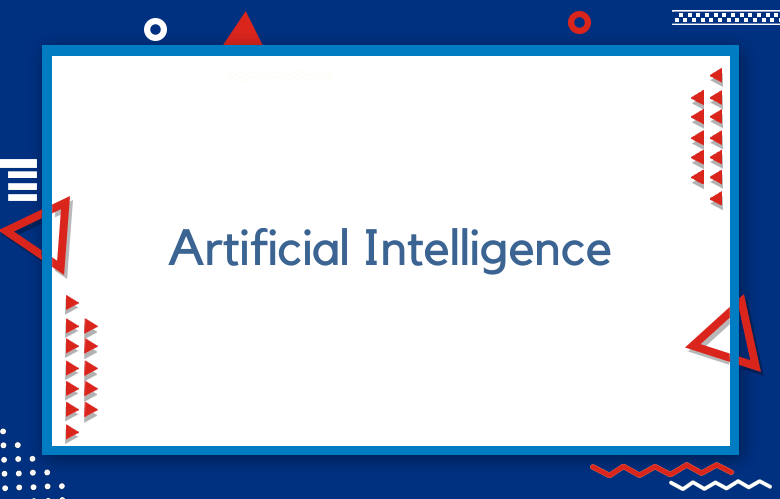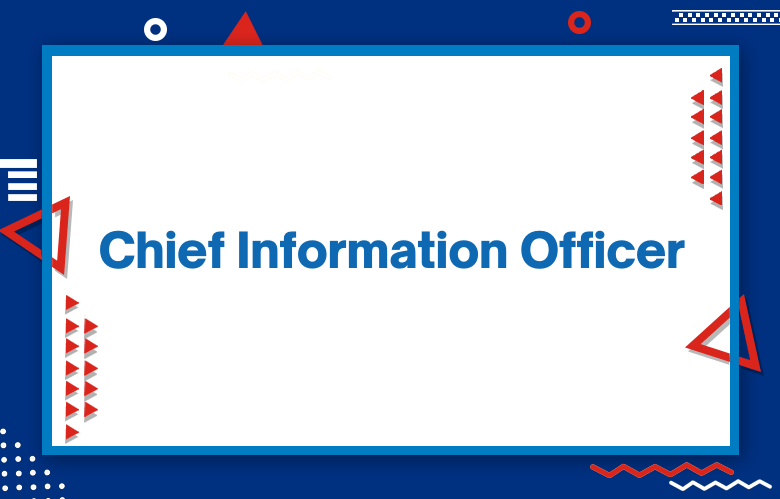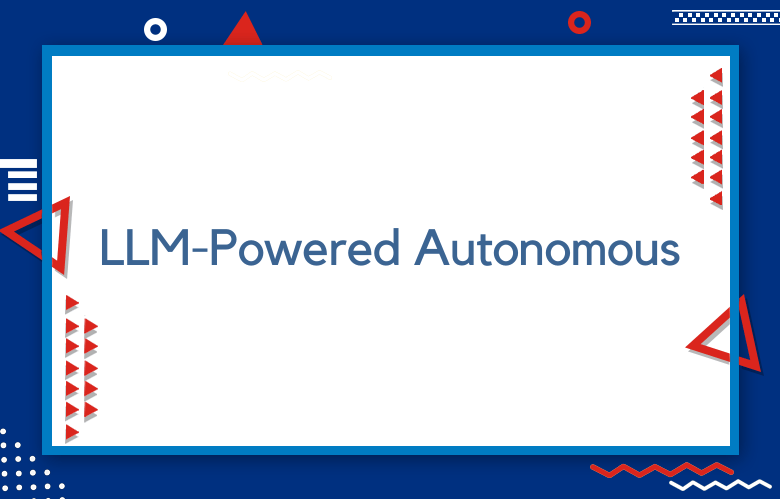Advantages and Disadvantages of Marketing Using Artificial Intelligence

Marketing is a crucial aspect of any business, and the advent of artificial intelligence has revolutionized the way companies advertise products and services.
Many companies have adopted artificial intelligence to improve their marketing strategies and better target their customers.
However, there are also potential disadvantages to using these technologies. We’ll explore the advantages and disadvantages of marketing using artificial intelligence and how it can change the landscape of modern business.
What is Marketing using Artificial Intelligence?
Artificial intelligence is changing the way we live, work, and communicate. Companies use AI technology to analyze data, automate tasks, and make predictions in various industries, including marketing. But what is marketing using artificial intelligence?
How does AI benefit businesses in their marketing efforts? We will discuss the concept of marketing using artificial intelligence, how it works, and the benefits it provides to companies.
Marketing has been through an enormous transformation with the arrival of artificial intelligence.
Marketing using artificial intelligence is the process of utilizing machine learning or algorithms to improve business communication, sales, marketing, and, ultimately, revenues.
Exploring the Pros and Cons of Using Artificial Intelligence in Marketing
In today’s digital age, marketing has evolved drastically, and companies continuously look for new ways to reach their target audience.
Unlike traditional marketing methods, Artificial Intelligence (AI) revolutionizes the marketing landscape by offering businesses enhanced capabilities to automate marketing processes and personalize the customer experience.
However, with any new technology, there are advantages and disadvantages. In this post, we’ll explore the pros and cons of AI marketing and its impact on businesses.
Understanding the basics of Marketing using Artificial Intelligence
Gone are the days when marketing was solely based on human intuition and experience. With the advent of technology, marketers across the globe have leveraged artificial intelligence (AI) to their advantage. The use of AI in marketing has revolutionized the way businesses operate.
From intuitive chatbots to intelligent analytics, AI has enabled businesses to target their audience more effectively, personalize their content, and improve consumer engagement. So, let’s delve deeper into the world of marketing using AI.
Advantages of Marketing using Artificial Intelligence
Artificial intelligence can bring several advantages to marketing, including:
Increased Personalization
AI-powered platforms are designed to analyze data on customer behavior, preferences, and buying habits.
This information can help businesses segment their audience, develop personalized marketing campaigns, and provide targeted messaging to customers, thus improving customer engagement and satisfaction.
Efficiency and Cost-Effectiveness
AI-powered marketing platforms can automate many of the repetitive tasks required in marketing. This can reduce costs, accelerate campaign execution timeframes, and increase business efficiency.
Improved Decision-Making
AI can help businesses make data-informed decisions by analyzing large volumes of data and identifying patterns and trends. This can inform businesses’ creation of new products or services that better meet customers’ needs and expectations.
Disadvantages of Marketing using Artificial Intelligence
Despite the advantages, there are also possible drawbacks to using AI technologies in marketing, and these include:
Privacy and Security Risks
AI-powered marketing platforms rely on large amounts of customer data, which, if not adequately secured, can be vulnerable to hacking and misuse.
Bias
AI algorithms sometimes perpetuate human biases, leading to discriminatory or offensive marketing campaigns. This can be harmful to brand reputation.
Lack of Emotional Connection
AI-powered marketing can be highly automated but lacks empathy and emotional intelligence. Therefore, creating a meaningful emotional connection with the audience can be challenging.
AI-Powered Marketing Trends to watch out for in 2021
While AI technology advances, businesses should be aware of some trends in AI-powered marketing. Some of these trends include:
Chatbot Advertising
AI-powered chatbots have been a great way for businesses to engage with their audience. Chatbots can provide 24/7 customer support and personalized assistance while gathering valuable customer data.
Predictive Analytics
AI-powered predictive analytics can predict customer behavior and anticipate their needs. This can help businesses create more targeted marketing campaigns while providing a personalized experience.
Marketing using Artificial Intelligence: The Pros and Cons
Artificial Intelligence (AI) has been revolutionizing many industries, including marketing. Gone are the days of sending generic emails or ads to an entire demographic.
With AI, marketing can be personalized and targeted to specific individuals, increasing the chances of conversion.
However, with every new technology, there are advantages and disadvantages. I will dive into the pros and cons of marketing using artificial intelligence.
Advantages
Personalization
AI can gather data on each consumer and create personalized marketing campaigns. This can increase the chances of conversion as the message is tailored to the consumer’s interests and behaviors.
Efficient
AI can automate tasks such as data entry, analysis, and reporting. This can save time and resources for marketing teams.
Predictive Analytics
With AI, marketing teams can predict outcomes and adjust strategies accordingly, which can give them a competitive edge and increase ROI.
Chatbots
AI-powered chatbots can handle customer inquiries, providing quick and efficient customer service. This can lead to increased customer satisfaction and loyalty.
Big Data
AI can process large amounts of data quickly and accurately, helping marketing teams identify trends and patterns in consumer behavior.
Disadvantages
Cost
Implementing AI technology can be expensive. Small businesses may need more money to invest in AI-powered marketing.
Privacy Concerns
Some consumers may feel uneasy with data being collected on their behaviors and preferences. This can lead to distrust of the company and a loss of customers.
Dependency
Marketing teams may become too reliant on AI technology and overlook important factors that data analysis cannot measure.
Bias
AI algorithms can be biased based on the data they are trained on. This can lead to targeted marketing that perpetuates stereotypes and discrimination.
Job Loss
As AI automates specific marketing tasks, marketing professionals may lose their jobs, which can harm the job market.
Conclusion
Artificial intelligence in marketing has allowed businesses to develop personalized marketing campaigns, automate repetitive tasks, and enhance decision-making capabilities.
However, as with any technology, there are potential drawbacks, including privacy and security risks, bias, and lack of emotional connection.
As AI technology advances, businesses must be cautious while taking advantage of its many benefits.
They must focus on maintaining ethical responsibility, transparency, and creating meaningful emotional connections with their audience. By doing so, they can leverage the power of AI to grow their businesses safely and efficiently.
The marketing industry is rapidly evolving, with businesses looking for innovative ways to reach their customers. The intelligent use of AI can help companies to stay ahead of their competition and thrive in today’s market.
Call: +91 9848321284
Email: [email protected]



